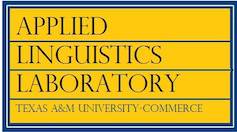Understanding the Spanish heritage language speaker/learner
DOI:
https://doi.org/10.21283/2376905X.3.67Keywords:
HERITAGE SPEAKERS, HERITAGE LANGUAGE LEARNERS, SPANISH IN THE UNITED STATES, BILINGUALISMAbstract
While the linguistic traits and specific needs of heritage speakers have been recognized for several decades, academic interest in the different dimensions of this type of bilingualism has increased exponentially in the last ten years. Because of this, significant progress has been made in all areas of inquiry. From formal/theoretical investigations into the mental architecture of the heritage language to explorations of social factors, as well as other pedagogical concerns, numerous research strands are currently shaping our understanding of the field. With this in mind, the goal of this introduction is twofold. First, we aim to provide an overview of the themes and discussions that are currently taking place in the field of Spanish heritage-speaker bilingualism. To this end, we will consider key issues pertaining to a wide variety of areas including, but not limited to, sociolinguistic attitudes, identity, language competency, and language instruction. Secondly, in so doing, the critical presentation and discussion of each of these areas will also serve to contextualize the articles included in this special issue.
Published
How to Cite
License
Copyright (c) 2015 Diego Pascual y Cabo

This work is licensed under a Creative Commons Attribution 4.0 International License.


